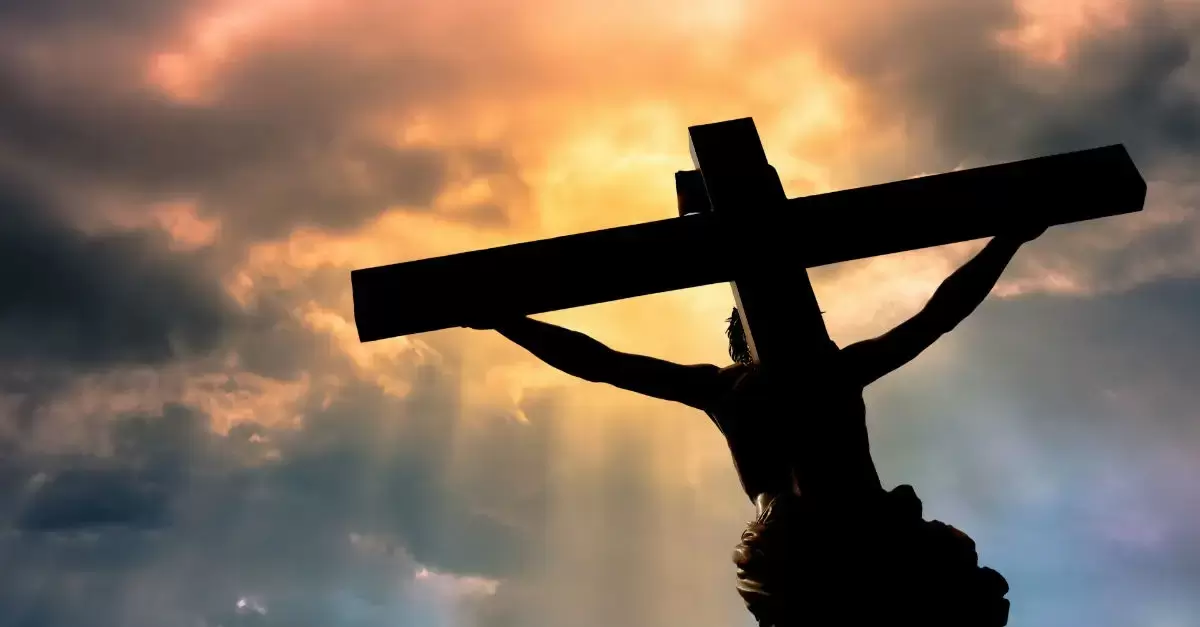Something needed to changeThroughout the year, the Southern New England Conference of the United Church of Christ produces the Daily Lectionary for use by churches. These are the suggested readings for Tuesday, March 9th: 2 Chronicles 29:1-11, 16-19; Psalm 84; and Hebrews 9:23-28. I would encourage you to read these short selections as part of your Lenten practice.
Some background: Hezekiah’s father was King Ahaz. Not a great dad. It says in 2 Kings: “[Ahaz] even made his son pass through fire …” (16:3) He may have offered one of his sons as a burnt offering to Moloch. This most likely left a bad taste in Hezekiah’s mouth. Ahaz’s capital of Jerusalem was besieged by the kings of Syria and Samaria, Samaria being the other part of the once unified Israel. Ahaz removed treasures from the Jerusalem Temple and sent them to the king of Assyria asking for his intervention. It worked. Damascus fell. Ahaz traveled there to pay his respects to the Assyrian. At Damascus, Ahaz saw a pagan altar that impressed him. He sent a replica to the priests at the Jerusalem Temple and told them to build him such an altar, and they did, in the Temple whose design was revealed to Moses on Sinai. Then the Assyrians turned on Samaria, the other tribes of Israel. They conquered the land and deported its inhabitants, and at the same time deported inhabitants of other regions of the empire to live in Samaria. And this most likely pleased Ahaz, Hezekiah’s father. As soon as Hezekiah assumed the throne upon Ahaz’s death, he instituted a thorough religious reform throughout the land, beginning with the Jerusalem Temple. Even so, the Assyrians who Ahaz had started on the road of conquest toward Jerusalem, continued. They now besieged Jerusalem. Miraculously, they are called away and Jerusalem rejoices. Then Hezekiah becomes deathly ill, and again there is a miraculous delivery. The king recovers. But as with all mortals, Hezekiah dies. His son Manasseh assumes the throne and is far worse than even his grandfather Ahaz. Ahaz ruled for 16 years, Hezekiah for 25, but Manasseh reigned for 55 years. In today’s reading we hear of Hezekiah’s reforms, but we must note that they are bookended by kings who were the definition of unrighteous. The Temple went from corrupt, to holy, to corrupt. Is it any wonder that something needed to change? And did it ever with Jesus Christ. Jesus puts an end to the cycle of sacrifices. He offers Himself once as the perfect sacrifice. There is no longer the need for continual sacrifice. Forever after Jesus, His one perfect offering on the cross suffices. Nothing can be added to what happened on Golgotha. During Lent, we have the opportunity to focus on this fundamental re-ordering of everything, from creation to salvation, that is Jesus crucified. May we find a portion of each day to think about just what the cross means, and especially, what it means to each of us personally. If you’d like, here is the link to the Massachusetts Conference’s daily reading schedule: www.macucc.org/lectionary.
0 Comments
Leave a Reply. |
NewsFaith, love and chitchat. Categories
All
Archives
June 2024
Follow
|
|
SERVICE TIMES
Sunday 9:30-10:30am Children Sunday School 9:30-10:30am Nursery care available during worship DONATE Make a single or recurring contribution by clicking here |
FOLLOW
|

 RSS Feed
RSS Feed
